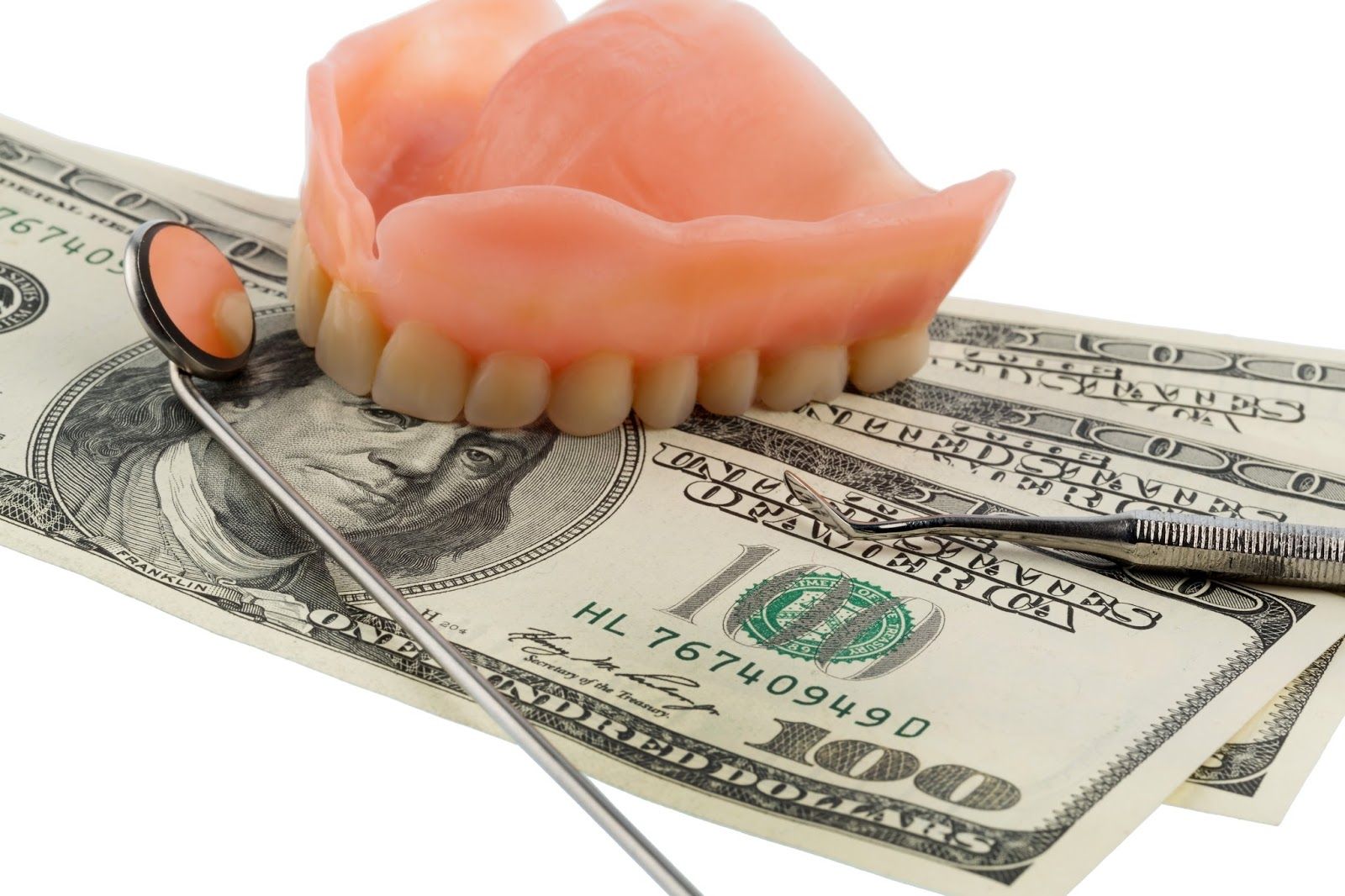6 Money Mistakes that Cost Dentists Thousands
Dentists are known for their high income, but what many lack the know-how to manage their money. Michael Abernathy, owner and founder of Summit Practice Solutions, knows a thing or two about avoiding financial disaster. Continue below for the six big mistakes Abernathy sees the most from his clients.

Living above your means puts you on a fast track to financial ruin.
Regardless of your age, money mistakes can sneak up on you.
Statistically, only 5 to 6 percent of dentists ever become financially independent. Starting late, being inconsistent, and spending more than you save will move you into the 95 percent of dentists who at 65 will be dead or dead broke.
You may not realize how much of an effect these mistakes can have on your finances until you’ve already lost a pile of money. Take note of these common mistakes and don’t make the same mistakes of dentists that have come before you. I have the opportunity to research dentists of all ages. In this process, I keep seeing mistakes that even the best dentists continue making.
Here are the top six mistakes that will cost you thousands.
Not having goals. Well thought out financial goals, along with a consistent execution for them, is the only way to ensure financial security and a stress-free retirement. Where do you want to be in 10 years, financially speaking? If you don’t have a goal, you’ll have a hard time coming up with a successful plan. If you set reasonable financial goals, and have a plan to meet them, you can accomplish amazing things. Always begin with the end in mind. Ask yourself these two questions: How much is enough, and how long do I want to take to accomplish it?
Not saving at least 20 percent of your income. Setting aside a reasonable chunk of your income on a regular basis can reap huge rewards for you. This strategy has to begin in the first year out of school. After paying your debt each month, save 20 percent of what is left after taxes. It is a huge myth that you will ever be able to retire by saving 10 percent of your income. This is a quarter-century-old failed practice that will not meet the actual needs you will have in retirement. Currently, you can plan on spending 4 to 5 percent of the money you save for retirement each year without running through it prior to your death. For most dentists, that total savings plus being completely out of debt will run between $3,000,000 and $6,000,000. Start early and stick with it. Here is another strategy: Save your age in thousand dollar bills each year, and you will be one of the 4 percent of dentist that can retire by 62.
Buying a house you can’t afford. Everyone knows what a great financial asset a home can be. However, buying a house is not like buying some shares of stock. It’s a huge investment of money, time, and energy. If you overextend yourself financially to buy that house (the epitome of the entitlement syndrome), it will most likely end up being a pretty lousy investment. It often comes down to this: It isn’t the price of the house but the ancillary expense of not belonging to the right country club, not driving the right car, sending your kids to private schools, etc.
Ignoring your investments. A buy and hold investing strategy has a lot of advantages, not the least of which is that it requires far less time and effort on your part to maintain. However, that doesn’t mean you can set up an automatic investing plan and then ignore it for the next 30 years. At a minimum, you should review your investments once a year and decide whether you’re happy with their performance. This engagement with where your money is going and what kind of return you are getting is the only the start of replacing your current income with an equal or greater passive income someday.
Keeping all your money in savings. If you just stick all your money in your savings account, your bank will love you, but inflation will eat away at that money over time until you have nothing left. Because inflation averages about 3 percent over the long term, you need to make at least a 3 percent return on your money just to break even. It is safe to say that there are no savings accounts in existence that pay even 3 percent interest.
Timing the Market. I suppose it is possible to time your investments perfectly — however, it’s also possible to make a fortune by winning the lottery. Timing the market turns investing into gambling, pure and simple. Every year, Fortune magazine contacts the top asset managers and ask them to pick one stock for the coming year that they know will outperform the pack. Next, they have a monkey throw a dart at the Wall Street Journal’s S&P 500 page. In 20 years, no one has beat the monkey. If the smartest people in the world can’t be reliable enough to pick one winner, how do you think you will fare?
The secret to wealth building and financial success is to start early, be consistent, and don’t spend it. That is how you Summit.
Michael Abernathy, DDS, is the author of “The Super General Dental Practice” and the owner and founder of Summit Practice Solutions.
Discover more Dentist’s Money Digest® news here.
RELATED: More Coverage on
- Master the Art of Upselling
- How to Calculate the ROI of your Dental Software
- 4 Regrettable Times Dentistry Made the News